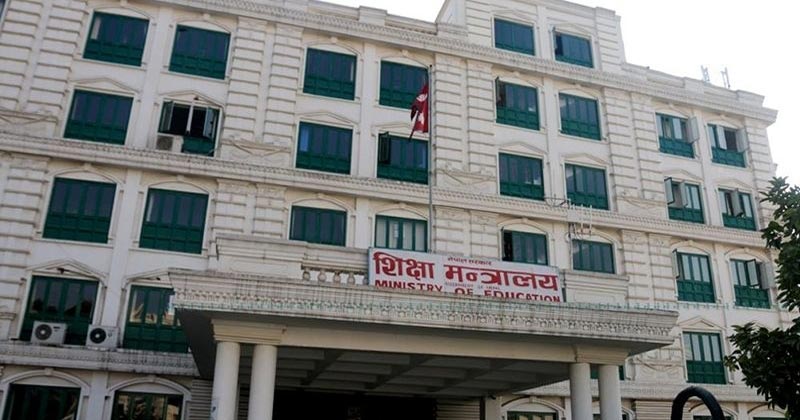
Proposed Changes in Nepal's School Education Bill: The End of Secondary Education Examination (SEE)
In an unprecedented move, the Nepali Government is preparing to introduce a groundbreaking education bill in Parliament that proposes the elimination of the Secondary Education Examination (SEE). This decision is set to shake the foundations of Nepal's educational system, which has relied on the SEE for decades.
Deepak Sharma, the spokesperson for the Ministry of Education, revealed that going forward, schools will take the responsibility of conducting Class 10 examinations. Meanwhile, the National Examination Board will oversee only Class 12 exams.
Key Takeaways
- No More SEE: The Secondary Education Examination will be scrapped, altering a longstanding tradition.
- Class 10 Exams: Schools themselves will conduct these exams, making it more streamlined and less centralized.
- Class 12 Exams: The National Examination Board will continue to oversee these crucial exams.
A Brief History
To provide context, the SLC examination board was established in Nepal in the year 1990 BS. The government later amended the School Leaving Certificate (SLC), which had been in existence for 83 years, in the year 2073 BS through the eighth amendment of the Education Act.
The New Structure
- Basic Level: Grades 8 and below will be classified as the basic level of education.
- Secondary Level: Grades 9 to 12 will be considered the secondary level.
This reform places the Class 10 exam as the new benchmark for secondary education and the Class 12 exam as the final hurdle in school education.
Why This Matters
- Local Autonomy: Schools will now have more control over their curricula and evaluation methods.
- Streamlined Assessment: A less centralized examination process can lead to quicker evaluation and result distribution.
- Curriculum Flexibility: Schools can modify curricula to better suit their student population.
Overall, the proposed changes in Nepal's education system aim to make the academic landscape more streamlined, efficient, and responsive to the needs of individual schools and students. By eliminating the SEE, this bill marks a shift towards a more decentralized educational framework. However, as with any major change, it's crucial to weigh the benefits against potential pitfalls. Only time will tell how these reforms will impact the quality of education in Nepal.
First Published on 12th September 2023





